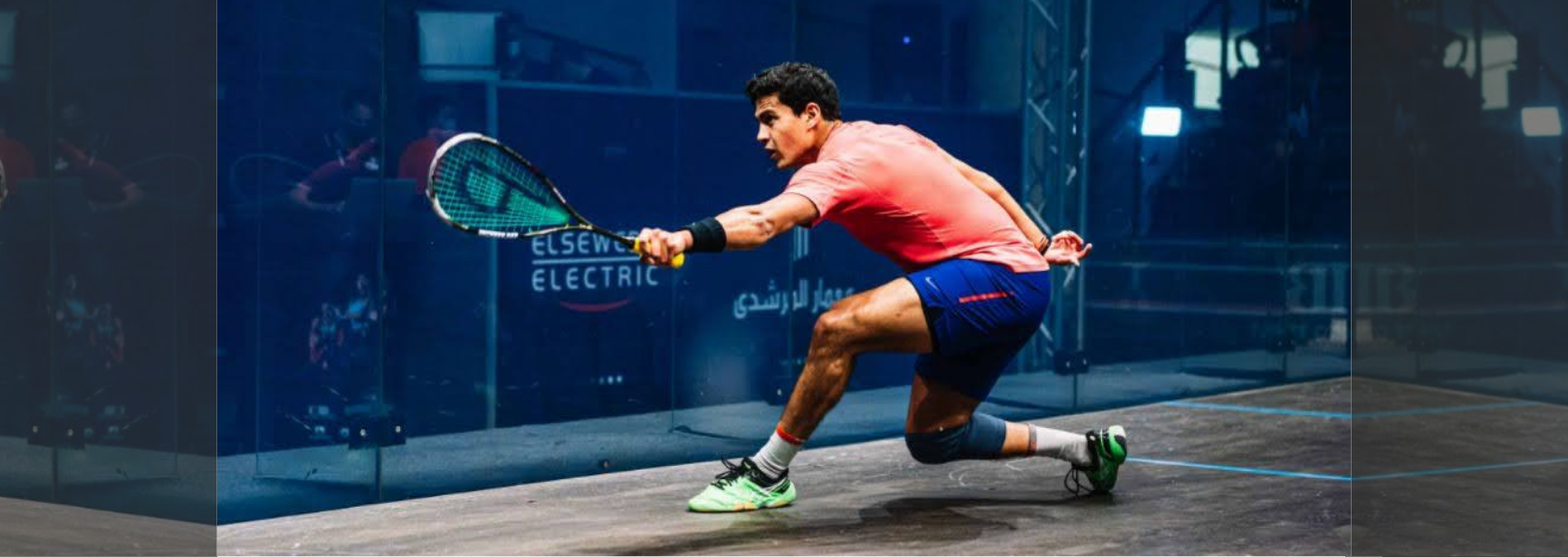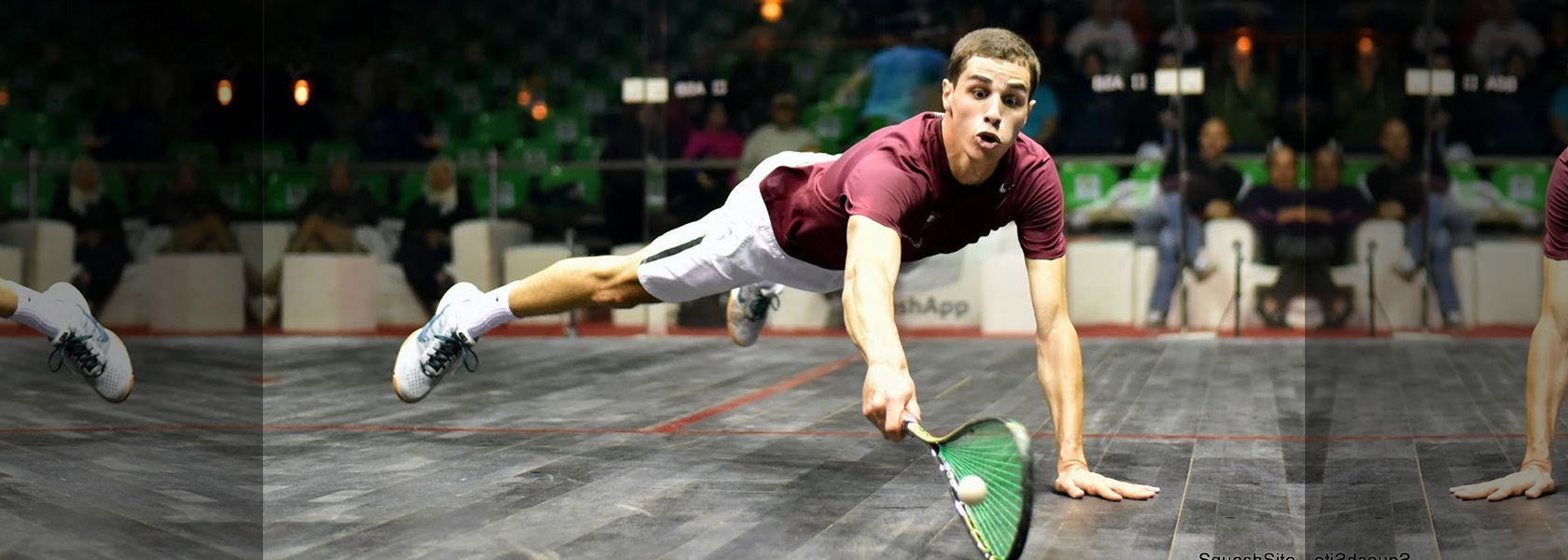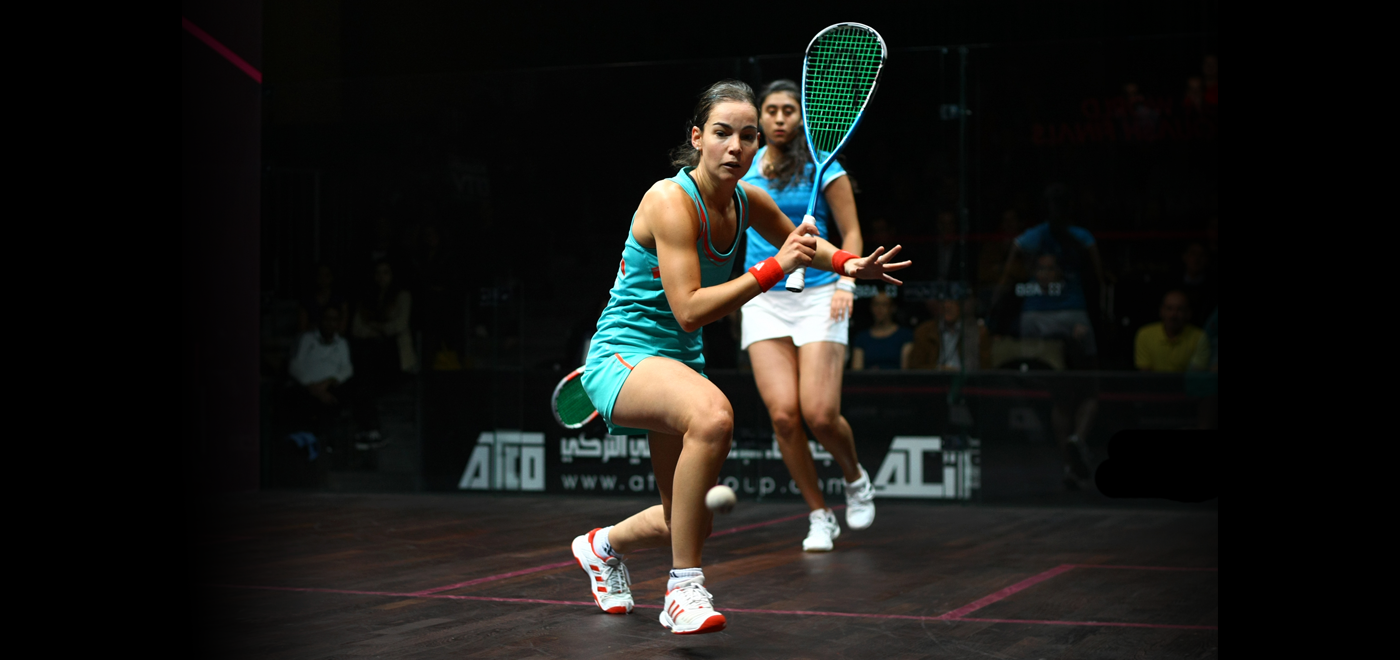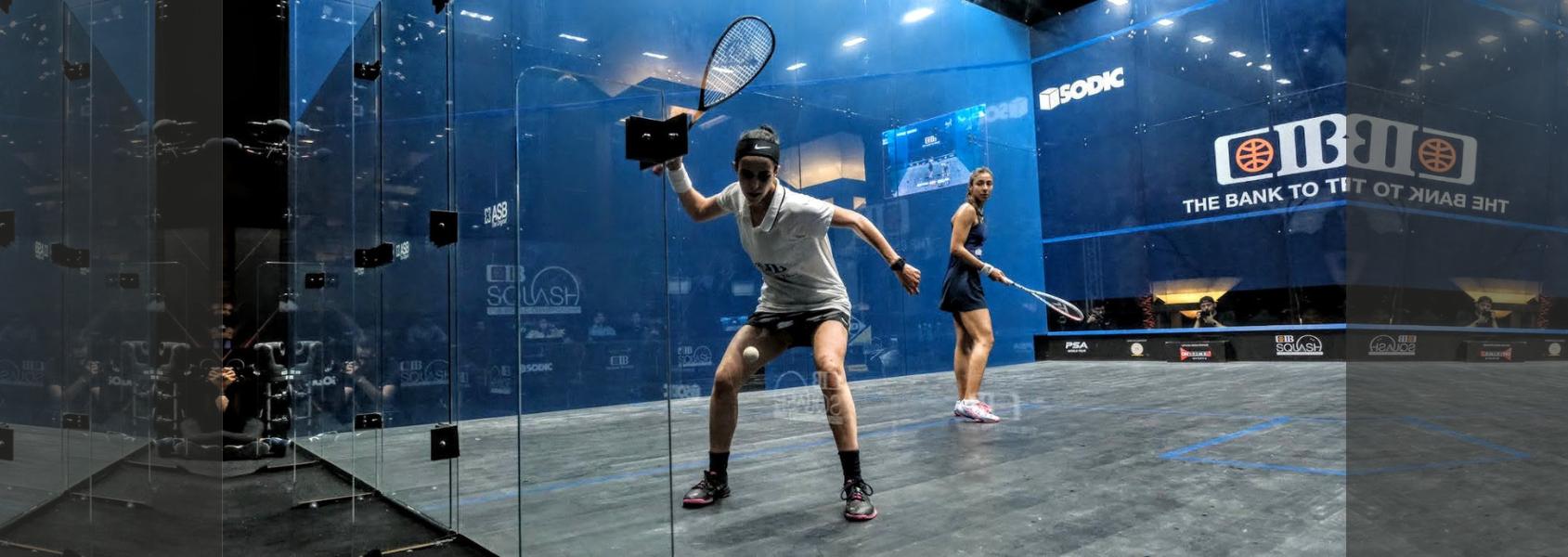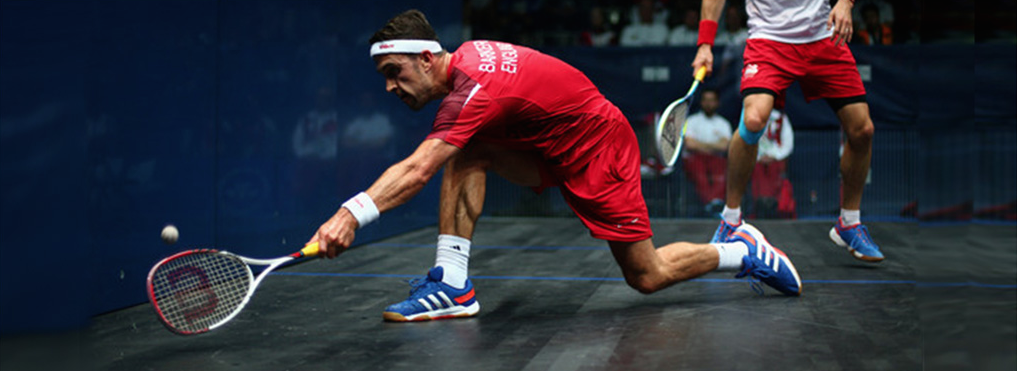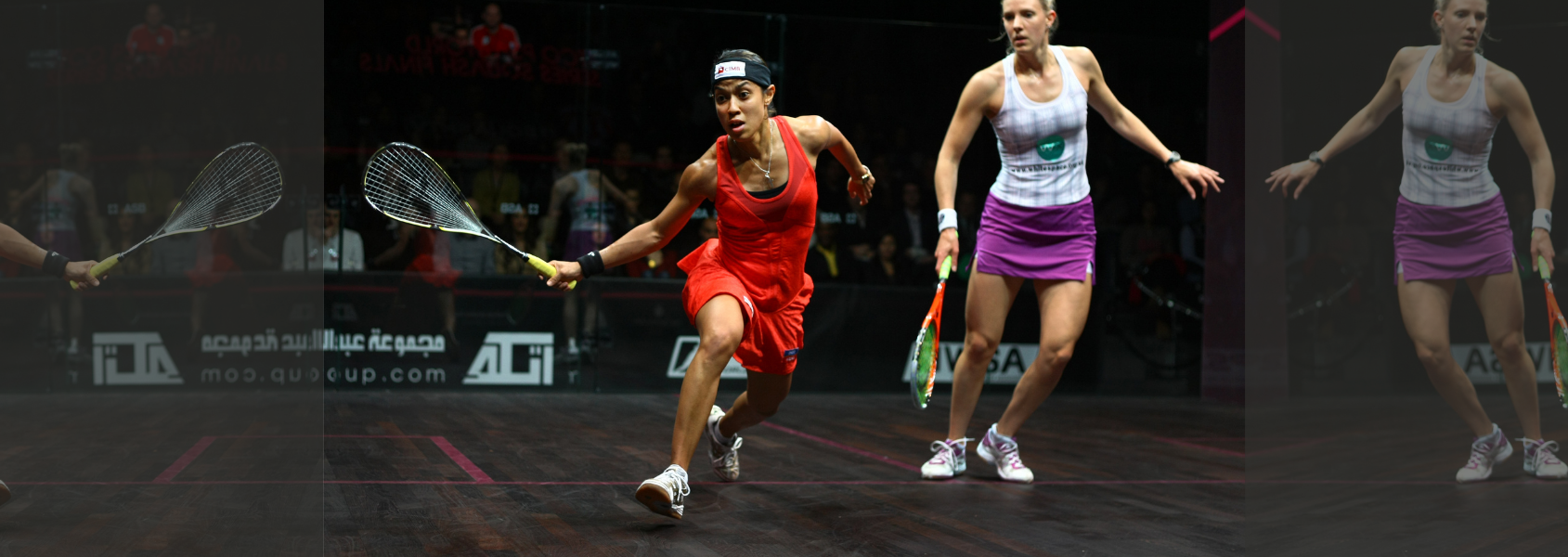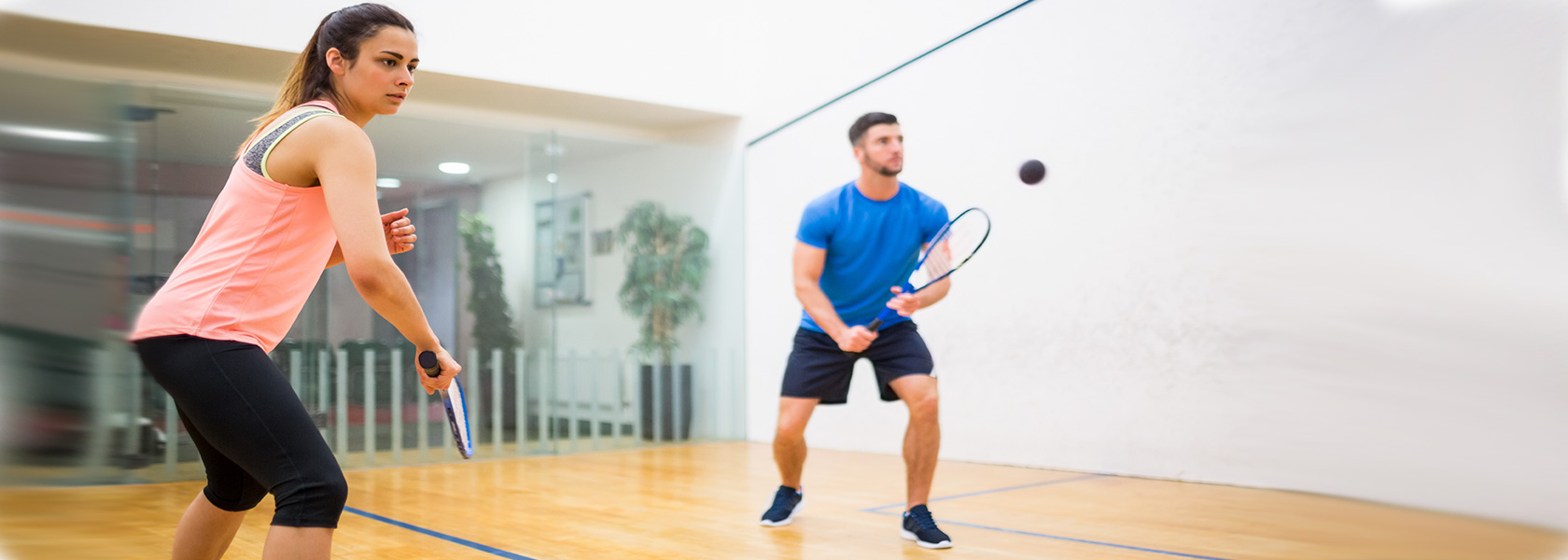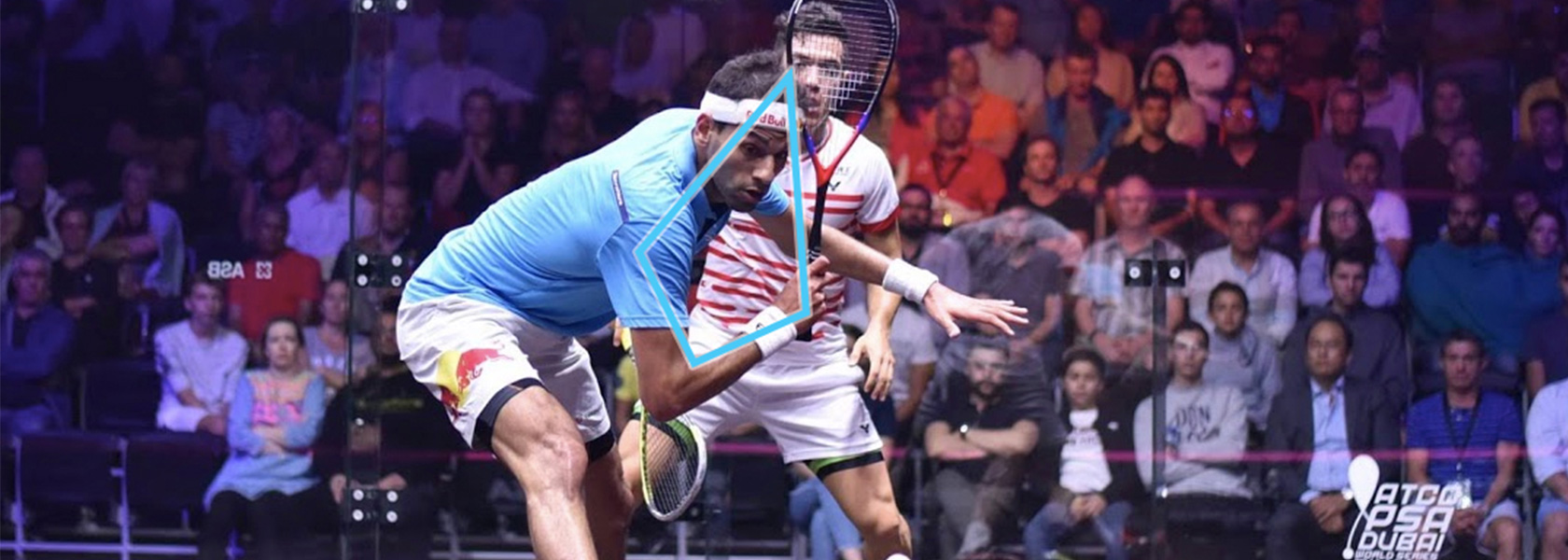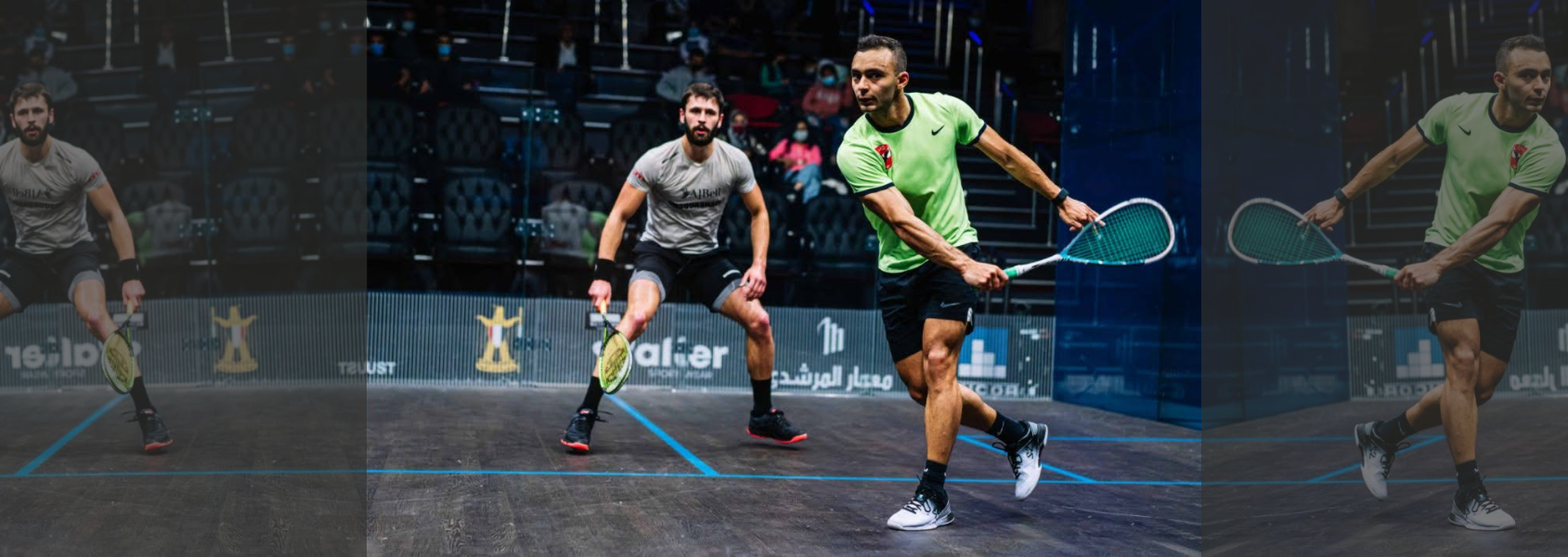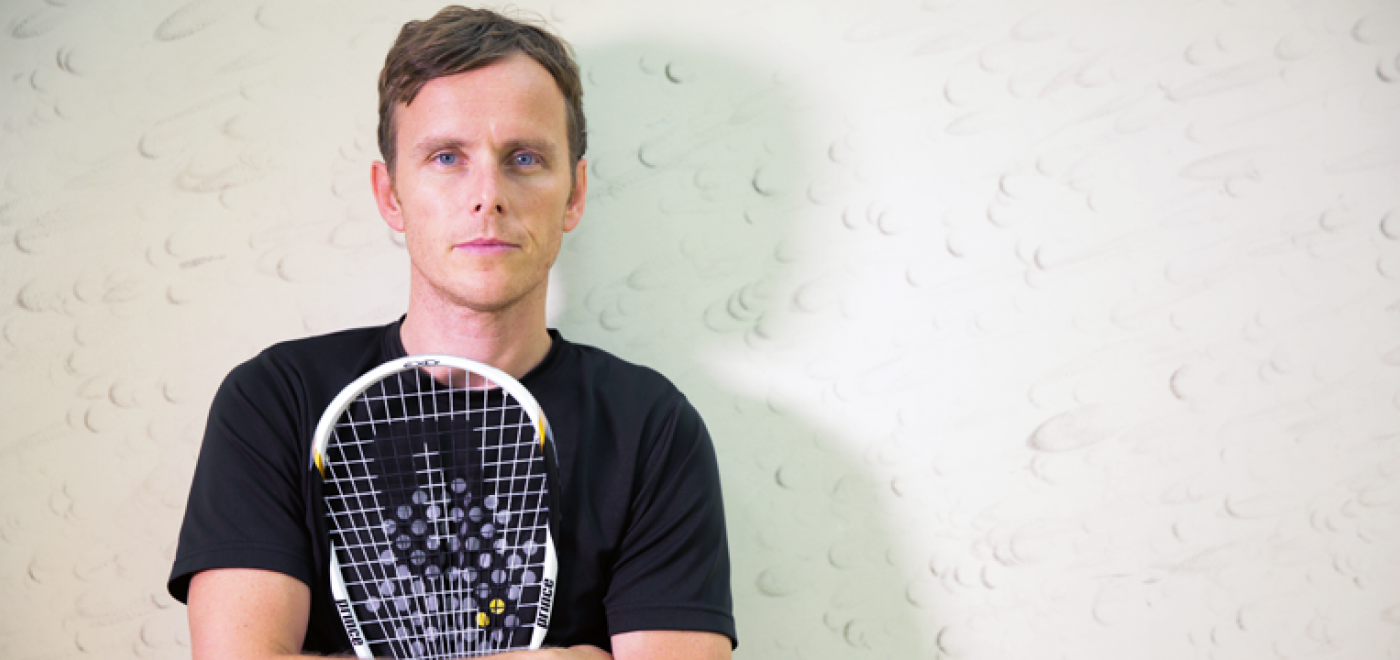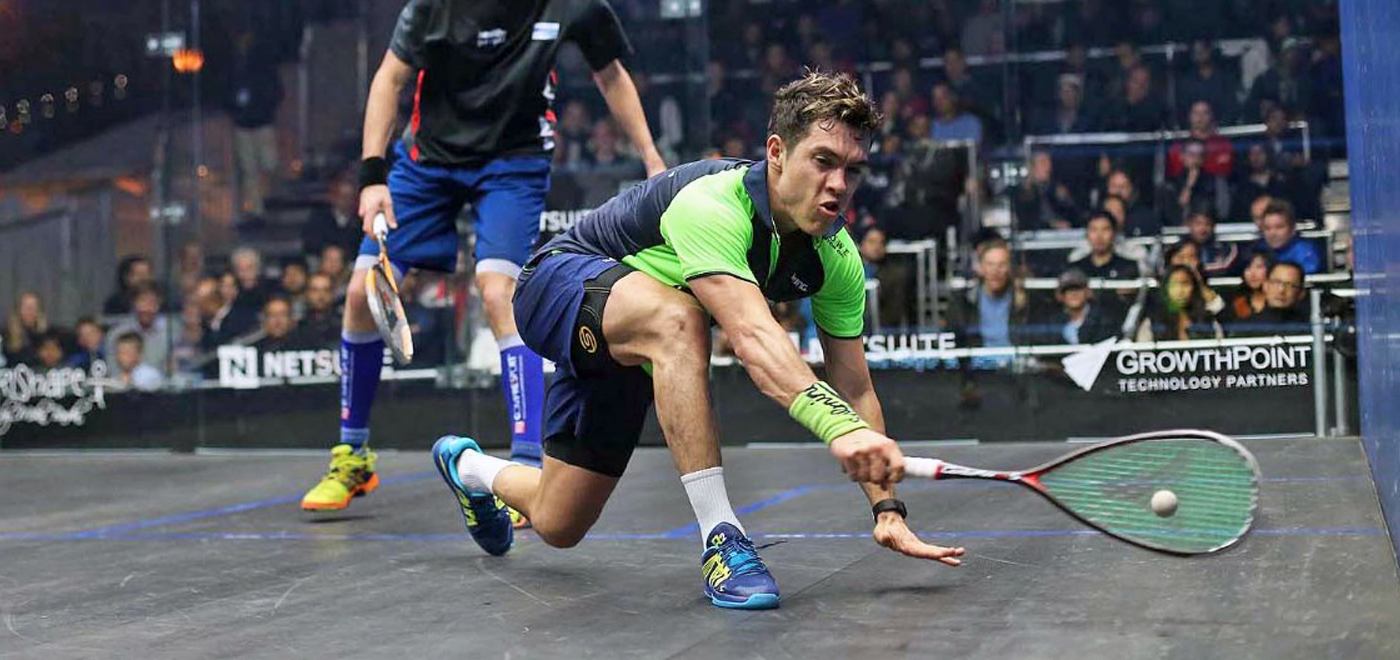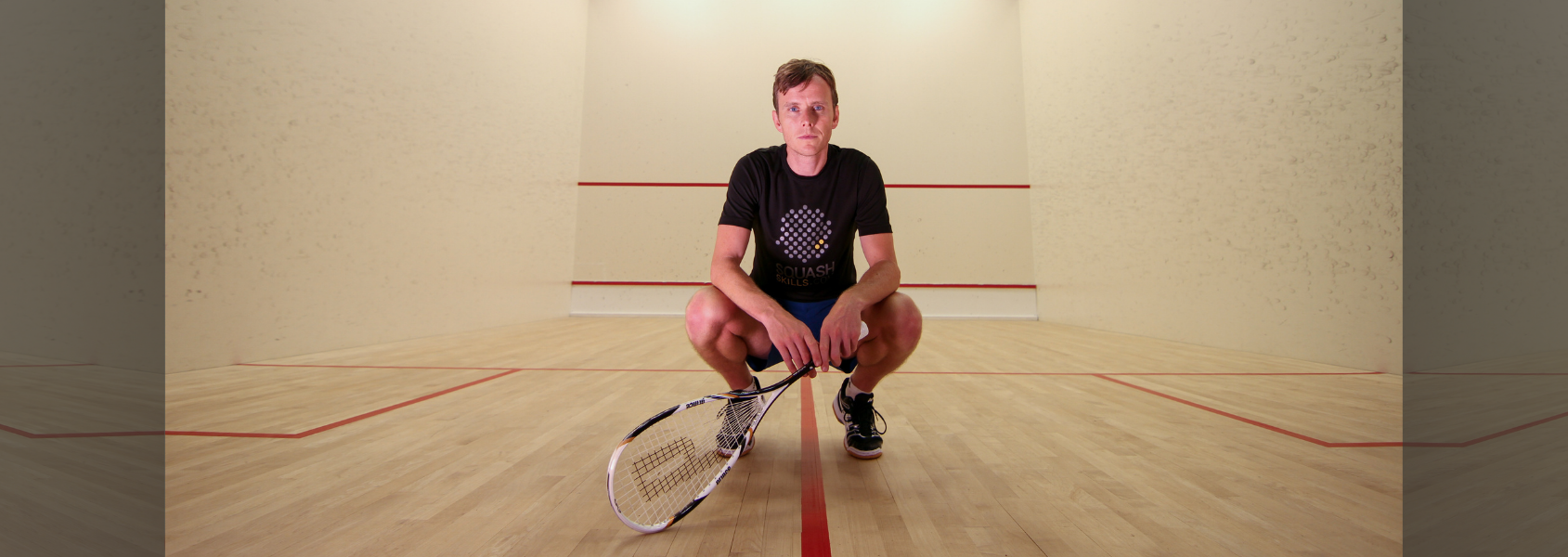3 things you can do to become a better squash player
Looking to take your game to the next level? Make sure you’re including these 3 crucial elements in your training.
How to develop ball skill in squash
You only have to look at today’s crop of emerging Egyptian players to realise that the game has changed dramatically since the attritional length battles that were played by legends of the game such as Geoff Hunt and Jonah Barrington. Today’s game is filled will flare, angles and a desire to attack the front corners when the opportunity presents itself.
Move effectively through the middle of the squash court
It’s strange to me that we often think about movement to the front and back of the court, rather than concentrating on movement around the middle of the court first.
Movement to the back of the squash court
As a large proportion of the game is spent in the back corners of the court (even more when losing!), being able to move into that area and still have options is crucial so that you do not get stuck digging the ball out continuously.
My experience – The counter drop
For me, the counter drop was one of few shots I could really attack with during the early part of my career. Alongside the early volley either short or long, I used the counter drop to really stretch the court and make my opponent work hard physically.
How to move more effectively on court
In my coaching I find there are so many different ways to coach the game and depending on whom I am coaching, different techniques are needed to get the best out of different players.
Saying that the swing should be the same for a 12-year-old at 4’2” to a 6’4” 30-year-old man is just not correct. Yes, there are core principles but so much has to be adapted to suit the individual. Nowhere is this more apparent than in the movement aspect of the game.
I want to discuss how different movement patterns have been taught and what has changed over the years.
A beginner’s guide to squash: 12 top tips
In this essential beginner’s guide to squash, players who are new to the game will learn a mixture of technical and tactical tips that will help them make giant leaps forward.
Each squash tip is backed up by a full-length video or PDF that offers up a deeper, in-depth explanation of the teaching point. All videos can be unlocked with a SquashSkills subscription.
Backhand squash technique – The Diamond
I’m a bit of a technique geek. I get excited by seeing a really good swing in action and sometimes get caught up with what the swing looks like as opposed to where the ball ends up.
This is wrong, because if someone is hitting a target time after time despite not having the most aesthetically pleasing swing then they must doing something right.
However, I am a firm believer that if you create and aesthetically pleasing swing where all the bio-mechanics are working as they should, then you will hit the ball more accurately, more consistently and with more power.
The 4 crucial components of the competitive squash player
To play sport competitively at any level requires a range of different skills and abilities to succeed. To really excel though, it’s necessary to garner a deeper understanding of the major elements that blend together to make up that sport.
While each sport has its own unique set of attributes required for success, particularly one so multi-faceted as squash, all competitive athletic pursuits can be generally divided into four main components: Technical, Tactical, Physical, and Mental.
My Experience – The kill in the professional game
I’ve always felt that the kill is an easier shot than the straight out drop shot. ‘The Kill’ is played with a lot more pace and a closed racket face, meaning it has less cut and feel needed than the drop, which gives me confidence that I’ll play a more consistent and better shot (which has been proven to be true over a few decades now!).
Movement to the front of the squash court
Being able to move fluidly and quickly into the front of the courts is obviously incredibly important.
Balance & weight transfer in squash
When I’m thinking about my movement or trying to incorporate a new movement pattern or style into my play, I first always start with understanding my balance and transfer of weight.
